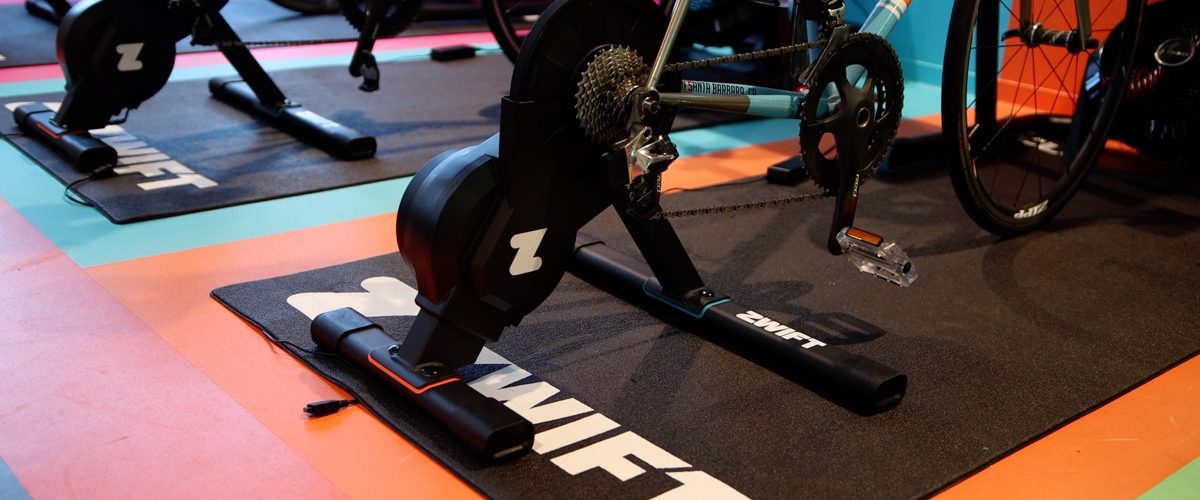In a surprising shift, Zwift has decided to discontinue the sale of its Zwift HUB Classic, turning the spotlight instead to the KICKR Core from Wahoo Fitness. This move comes with the latest collaboration between Wahoo and Zwift, marked by the introduction of the new KICKR x Zwift membership bundles. These bundles include a one-year Zwift subscription for an additional $100.
Despite phasing out the Zwift HUB Classic, Zwift maintains its offering of the Zwift HUB One, which features the COG system. This innovative cassette solution is compatible with a range of bikes (8, 9, 10, 11, 12 speed) and supports virtual gearing.



The decision to replace the Zwift Classic with Wahoo’s KICKR Core follows the companies’ legal skirmishes over the past year. Zwift initially continued offering the Classic alongside the HUB One, providing traditional cassette options to customers. However, the shift to the KICKR Core is significant, considering it was a central point of contention in the legal battle between Wahoo and Zwift.
Wahoo has introduced two versions of the KICKR Core:
- The KICKR Core at $599.99, which includes a one-year Zwift membership and a preinstalled speed cassette (8-12).
- A pared-down version of the KICKR Core for $499.99, excluding the cassette and Zwift membership.
It’s worth noting that the KICKR Core bundle with the Zwift membership and preinstalled cassette is exclusively available from Zwift and Wahoo. Those interested in the basic version of the KICKR Core without these additions will need to look to other retailers like Amazon or Backcountry in the U.S.
The Zwift HUB Classic, produced by JetBlack, marked Zwift’s initial foray into the smart trainer market. Priced competitively at $499, it was a more affordable alternative to Wahoo’s KICKR Core, which was priced at $899. However, the launch led to Wahoo filing patent infringement lawsuits against Zwift and JetBlack, focusing on three specific patents. While Wahoo settled with JetBlack by December 2022, its legal conflict with Zwift continued until last August, when both companies requested the court to dismiss Wahoo’s lawsuit and all counterclaims, leading to an out-of-court settlement.








